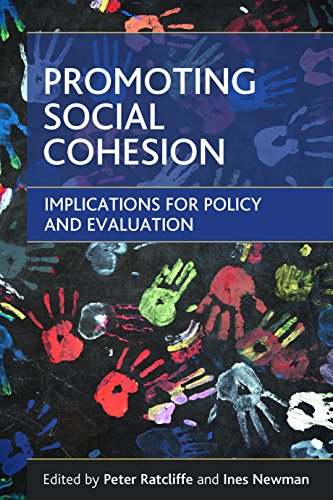

Most ebook files are in PDF format, so you can easily read them using various software such as Foxit Reader or directly on the Google Chrome browser.
Some ebook files are released by publishers in other formats such as .awz, .mobi, .epub, .fb2, etc. You may need to install specific software to read these formats on mobile/PC, such as Calibre.
Please read the tutorial at this link. https://ebooknice.com/page/post?id=faq
We offer FREE conversion to the popular formats you request; however, this may take some time. Therefore, right after payment, please email us, and we will try to provide the service as quickly as possible.
For some exceptional file formats or broken links (if any), please refrain from opening any disputes. Instead, email us first, and we will try to assist within a maximum of 6 hours.
EbookNice Team

Status:
Available4.5
38 reviews
ISBN-10 : 1847426948
ISBN-13 : 9781847426949
Author: Ines Newman, Peter Ratcliffe
This book makes a forthright case for a shift in policy focus from 'community cohesion' to the broader notion of social cohesion, and is distinctive and innovative in its focus on evaluation. It constitutes an extremely valuable source both for practitioners involved in social cohesion interventions and for researchers and students studying theory-based evaluation and the policy areas highlighted (housing, intergenerational issues, the recession, education, communications, community development).
Part One: Theoretical perspectives
ONE From community to social cohesion: interrogating a policy paradigm
TWO Evaluating social cohesion
Part Two: Community cohesion to social cohesion: : evaluation and data – methodological issues
THREE Measuring performance in community cohesion
FOUR Migration, race and population dynamics
FIVE Using local administrative data to evaluate social and community cohesion
SIX Assessing the impact of social cohesion initiatives in a media age: methodological and theoretical considerations
SEVEN Social cohesion in the local delivery context: understanding equality and the importance of local knowledge
Part Three: Policy areas
NINE Education policy, social cohesion and citizenship
TEN Addressing worklessness post the financial crisis
ELEVEN New communities and social cohesion: third sector approaches to evaluation
TWELVE Evaluating the contribution of intergenerational practice to achieving social cohesion
Part Four: Conclusion
THIRTEEN Conclusion: towards a theory of change for social cohesion
roles of social studies in promoting social cohesion
ways of promoting social cohesion
the role of religion in promoting social cohesion
how does education help in promoting social cohesion
factors promoting social cohesion
Tags: Promoting, social cohesion, Implications, policy, evaluation, Ines Newman, Peter Ratcliffe